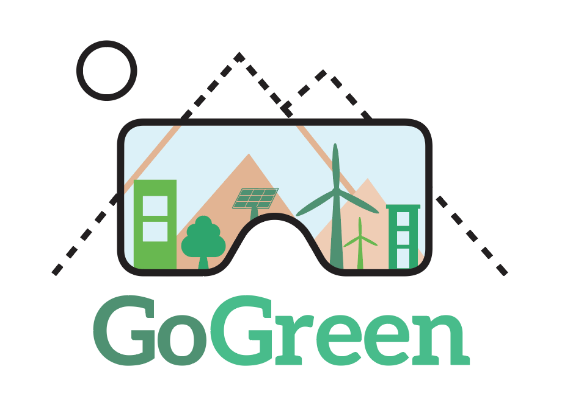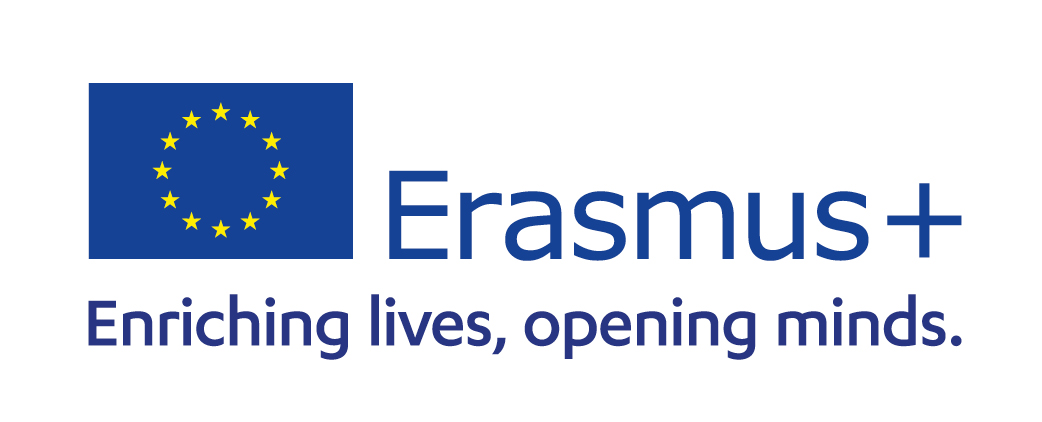

Erasmus+, KA2

Green entrepreneurship revolves around a set of core principles that set it apart from everyday entrepreneurship. Green entrepreneurs propose business models that are not only economically profitable but also create a positive environmental and social impact. Green entrepreneurs are aware of the need to change the way society has understood development and prosperity during the last century. They aim at integrating the environmental, economic and social axis into the core business of the company and strive to provide eco-innovative solutions to the way goods and services are produced, consumed and offered. Green entrepreneurs provide the breeding ground for starting and sustaining a green economy by providing green products and services; by introducing greener production techniques; by boosting demand for green products and services and by creating green jobs.
While the primary innovation will be the bespoke green entrepreneurship curriculum consortium partners will ensure that best practice in pedagogic instruction and the highest design standards in the production of learning content are achieved. More and more people are waking up to the innumerable benefits of on-line education and training. Flexibility, accessibility and affordability allied to a persistent need for up-skilling are the main reasons that this modern phenomenon will continue to thrive into the future. While the growth in popularity of on-line learning has brought about an increase in the number of on-line learning courses it has not had any noticeable impact on the quality of course-ware available. GoGreen will harness advances in technology to generate engaging and inspiring learning content.
The project objectives are the following:
The project foresaw the production of 4 Intellectual Outputs:
IO1: VET Green Curriculum using Augmented Reality Technology
A curriculum was produced to equip the participating VET providers/trainers to advance their skills, key competences, and increase their knowledge about climate change issues and to provide them with the necessary tools to address the challenges that private sector and entrepreneurs are facing.
IO2: Simulation-based training package
The Simulation Training Package allowed easy adaptability in multiple contexts and support the sustainability and compatibility of the training package to upcoming social and learning challenges.
IO3: MOOC for climate action
MOOCs offered a complete online learning experience for free and are designed for a large number of participants, in which anyone can enrol, most of them without entrance prerequisites
IO4: Toolkit with Policy & Practice Recommendations
A Toolkit with Policy & Practice Recommendations was prepared, which included a collection of lessons learned, good examples and practices, challenges and policy recommendations
MOOC offers a complete online learning experience for free and are designed for a large number of participants, in which anyone can enrol, most of them without entrance prerequisites.


Our objective is to increase cooperation among the
members of the network, between Italy and Sweden
and, more in general, the North and South of
the European Union.
Stradone Martiri della Libertà, 15 – 43123 Parma (PR) – Italy | C.F.: 91251370374
Tel: +39 0521686023 – Fax: +39 0521686023 – Website: www.sern.eu – Email: secretariat@sern.eu – PEC: secretariat@pec.sern.eu
© 2024 | All rights reserved | Privacy Policy | Cookie Policy